
Congress 2023
Powering Sustainable Growth
Join us in Bali for the 2023 World Hydropower Congress taking place on 31 October – 2 November.
FIND OUT MORE
Who we are
Our mission
Our mission is to advance sustainable hydropower
About IHA
We are a non-profit membership organisation
Our members
View our directory of organisations operating in over 120 countries
Our team
IHA's Central Office manages our work programmes
Our board
IHA's Board governs the association on behalf of members
Our story
The voice of sustainable hydropower for a quarter of a century
What we do
News and events
Resources
International Association of the Year

hydropower pro





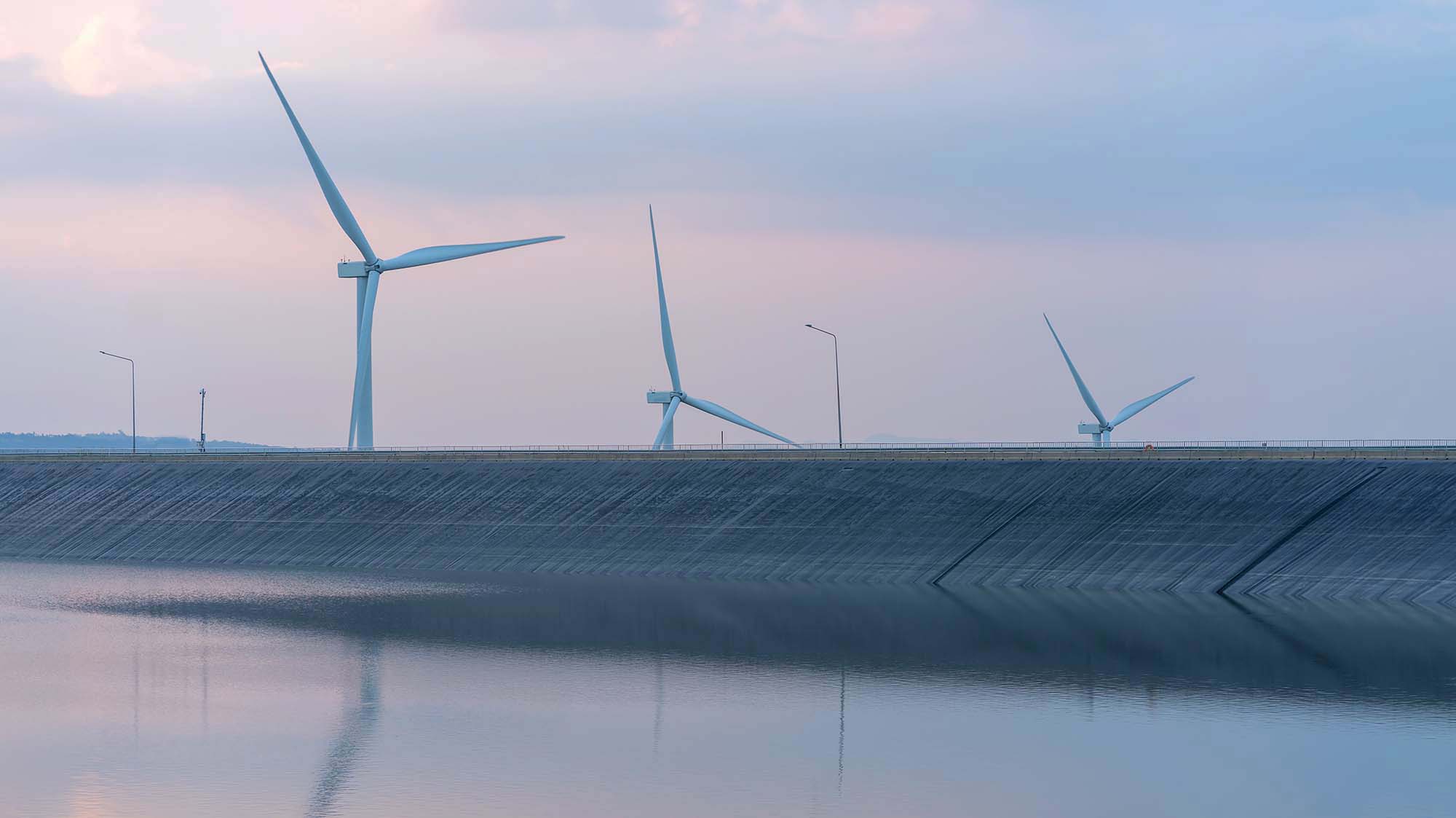
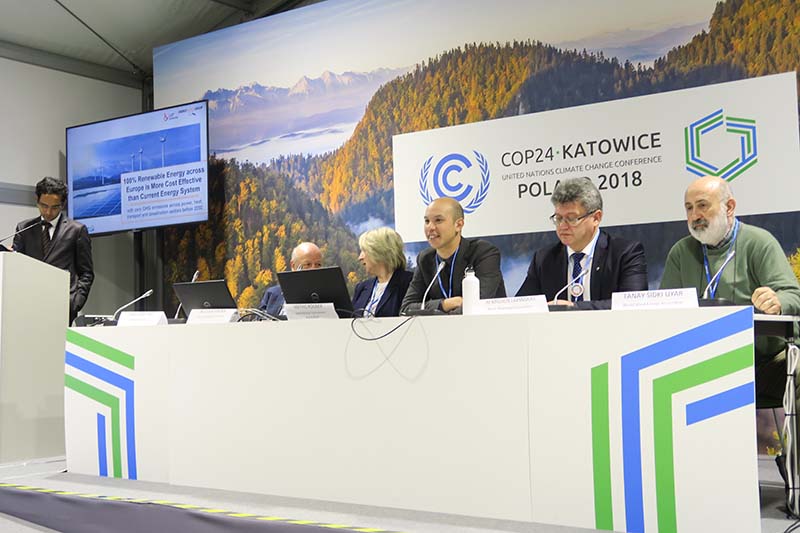
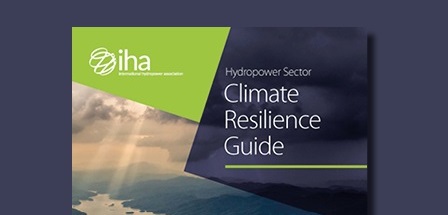

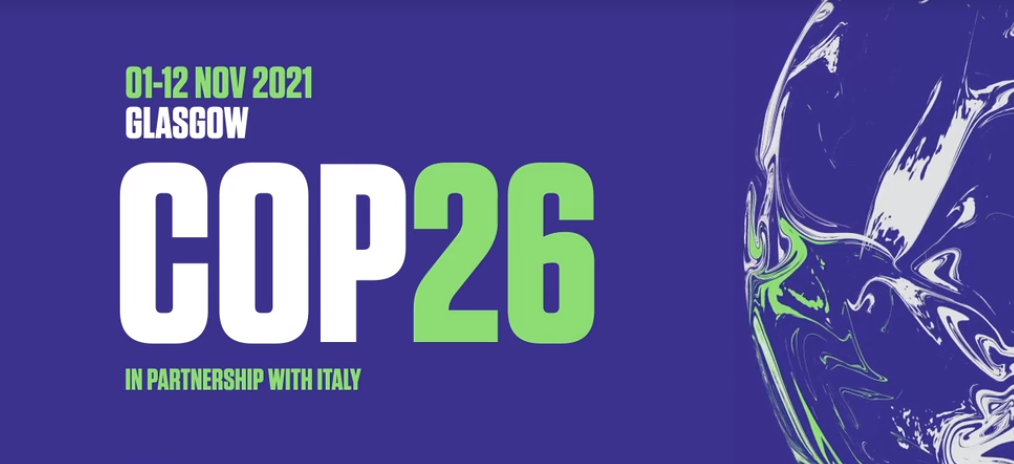
.jpg)
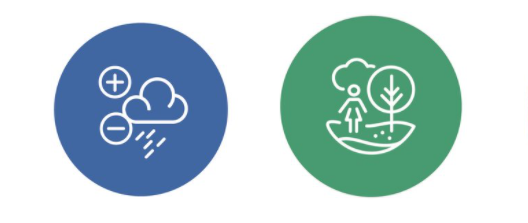

%20(1).png)
